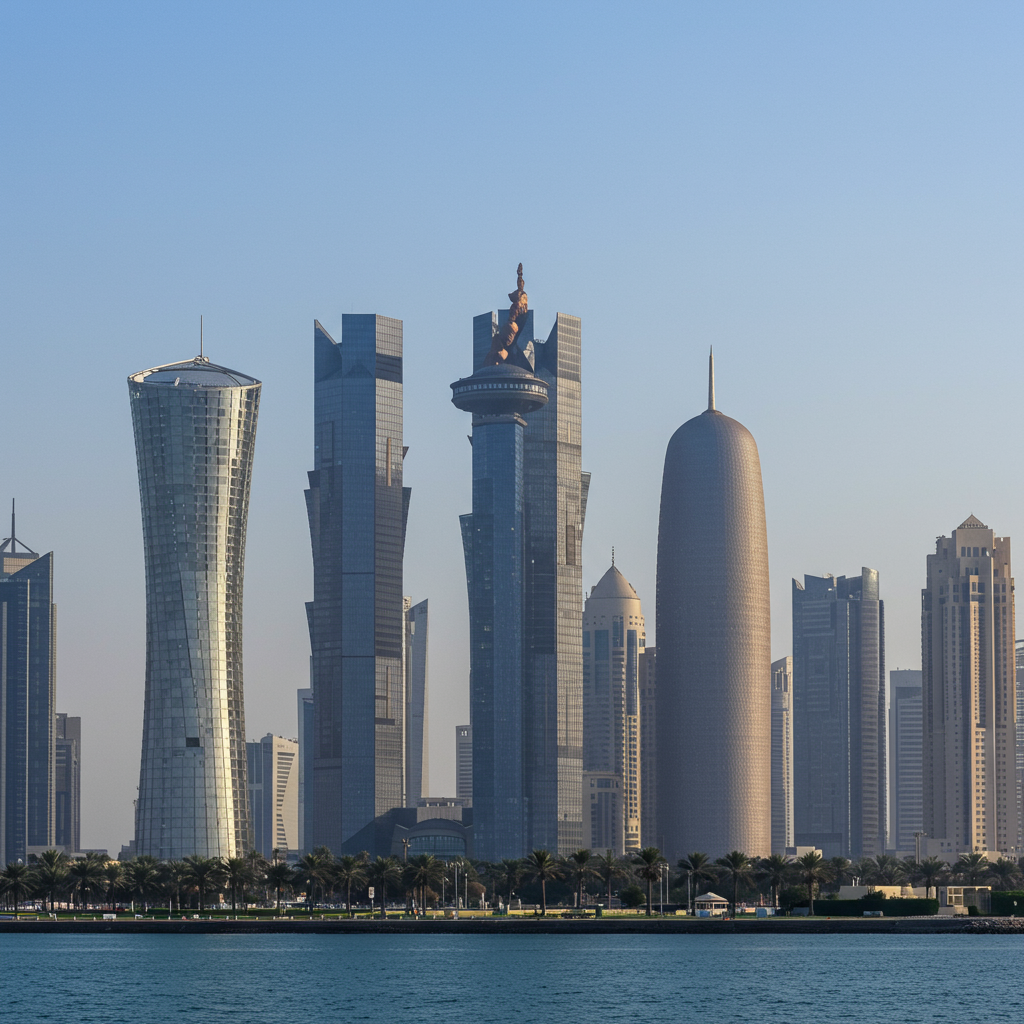The 14th dalai Lama, Tenzin Gyatso, recently marked his 90th birthday on July 6, 2025, amidst week-long celebrations held in Dharamshala, India. This milestone birthday served as a powerful platform for the tibetan spiritual leader, who used the occasion to reaffirm his commitment to challenging China’s influence and to provide critical clarity regarding the future of his revered institution and the process of identifying his successor. His statements directly contradict Beijing’s assertions of authority over the spiritual leadership of Tibetan Buddhism, ensuring the ongoing political and religious tension remains a focal point on the global stage.
A Milestone in Exile: 90 Years and Enduring Influence
Thousands of followers, dignitaries, and celebrities converged in Dharamshala, the small Indian town nestled in the Himalayas where the Dalai Lama has resided since fleeing Tibet in 1959. The birthday festivities were more than just a celebration; they underscored the enduring international support for the Nobel laureate and the Tibetan cause. Attendees included officials from nations like the United States and India, along with long-time supporters such as Hollywood actor Richard Gere. Cultural performances and speeches highlighted the rich heritage and ongoing struggle of the Tibetan people under Chinese rule. This gathering in exile serves as a potent symbol of resistance and cultural preservation.
The Dalai Lama is widely recognized as one of the most influential religious figures globally, respected far beyond the Buddhist community. His teachings on compassion, peace, and interfaith harmony resonate with millions. However, in Beijing, he is officially labeled a dangerous separatist, a designation that fuels China’s persistent efforts to control all aspects of Tibetan life, including religious practices and leadership succession.
Defiance Continues: A Decades-Long Stance Against Beijing
His Holiness fled his homeland over six decades ago following a failed uprising against Chinese occupation. Since establishing his government-in-exile in India, he has consistently advocated for a peaceful resolution. His proposed “Middle Way” approach seeks genuine autonomy and religious freedom for Tibet within the People’s Republic of China, deliberately stopping short of demanding full independence. This stance, while framed as moderate, is still vehemently opposed by Beijing, which views any assertion of Tibetan identity or autonomy outside its direct control as a threat. The celebrations themselves, held openly in India with international participation, inherently represent a form of defiance against China’s narrative that the Dalai Lama holds no legitimate authority.
During the significant week of events leading up to his birthday, the spiritual leader addressed concerns that weigh heavily on the minds of Tibetan Buddhists worldwide: the continuity of the Dalai Lama lineage. This topic was particularly anticipated as he had previously hinted he would discuss his succession plans around his 90th birthday.
The Future of the Institution: Asserting Authority Over Succession
In a pivotal statement made during the celebrations, the Dalai Lama sought to reassure his followers about the future. He declared that he would indeed reincarnate after his death, maintaining the vital continuity of the institution. More importantly, he asserted that his own non-profit organization, the Gaden Phodrang Trust, holds the sole authority to officially recognize his successor. This declaration directly challenges China’s long-held position that the reincarnation, and subsequent recognition, of the Dalai Lama must be approved by the Chinese government leaders. This clash over who controls the succession is not merely religious; it is a fundamental struggle for political legitimacy and the spiritual heart of Tibet.
Beijing’s claim to authority over the reincarnation process is unprecedented in Tibetan Buddhist tradition. Historically, the identification of a new Dalai Lama has been a complex spiritual process involving senior lamas and oracles, traditionally without external governmental interference. China’s insistence on controlling this spiritual matter highlights its determination to consolidate power and eliminate the influence of the current Dalai Lama, whom they see as a potent symbol of resistance.
Geopolitical Dimensions: International Focus on Tibetan Succession
The issue of the Dalai Lama’s succession has attracted significant international attention, becoming intertwined with broader geopolitical dynamics, particularly the strategic rivalry between the United States and China. The United States government has publicly called on Beijing to cease what it characterizes as interference in the spiritual affairs of Tibetan Buddhists, specifically mentioning the succession of the Dalai Lama and other lamas. This stance is part of a larger U.S. effort to counter China’s growing assertiveness and its human rights record in Tibet and other regions. The presence of U.S. officials at the Dharamshala celebrations underscores this diplomatic position.
Similarly, India’s hosting of the Dalai Lama and allowing international participation in his birthday celebrations sends a clear signal regarding its position, despite the complexities of its relationship with its powerful neighbor, China. Dharamshala serves as a critical center for the Tibetan exile community and the seat of their spiritual leader, making it a focal point for global attention on Tibet.
Beyond 90: Hopes for Longevity and Continued Influence
Adding a personal touch to the week’s events, the Dalai Lama also spoke about his personal health and future. He reportedly expressed a hope to live well beyond his current age, specifically mentioning a desire to reach the age of 130. While such a lifespan is extraordinary, the statement carries symbolic weight. It suggests a personal resolve and optimism that mirrors the enduring spirit of resistance among his followers and the hope for continued spiritual guidance. His advanced age makes the question of succession increasingly urgent, yet his vitality and clear pronouncements offer a degree of reassurance to those who look to him for leadership. The celebrations included remarks from various figures, including federal ministers from India, further demonstrating the political significance attached to His Holiness and the Tibetan cause.
Frequently Asked Questions
What did the Dalai Lama say about his succession at his 90th birthday?
During the week of celebrations for his 90th birthday in July 2025, the Dalai Lama stated clearly that he would reincarnate after his death. Crucially, he asserted that his own non-profit institution, the Gaden Phodrang Trust, holds the sole authority to recognize his successor. This statement directly challenges China’s insistence that the succession must be approved by its government leaders.
Where did the Dalai Lama celebrate his 90th birthday and where does he live in exile?
The Dalai Lama celebrated his 90th birthday in Dharamshala, India, a small town in the foothills of the Himalayas. He has lived in exile in India since fleeing Tibet in 1959 after a failed uprising against Chinese rule. Dharamshala serves as the headquarters of the Tibetan government-in-exile and a significant center for the Tibetan diaspora.
Why is the Dalai Lama’s stance on succession controversial with China?
The Dalai Lama’s assertion that his Gaden Phodrang Trust has the sole authority to recognize his reincarnation is controversial because China claims that the selection and approval of the next Dalai Lama must be carried out by its government. This conflict reflects a deeper struggle for control over Tibetan Buddhism and the political future of Tibet, with China seeking to legitimize its rule by controlling the spiritual leadership.
Conclusion: A Symbol of Resilience
As the Dalai Lama enters his 90th year, his birthday celebrations in Dharamshala served as a powerful reminder of his enduring influence and the ongoing struggle for Tibetan autonomy and religious freedom. His clear statements on succession directly confront China’s claims, setting the stage for future challenges regarding the future of Tibetan Buddhism. Supported by a global community, His Holiness remains a potent symbol of resilience and a key figure in the complex relationship between Tibet and China, continuing to advocate for his people from exile.


